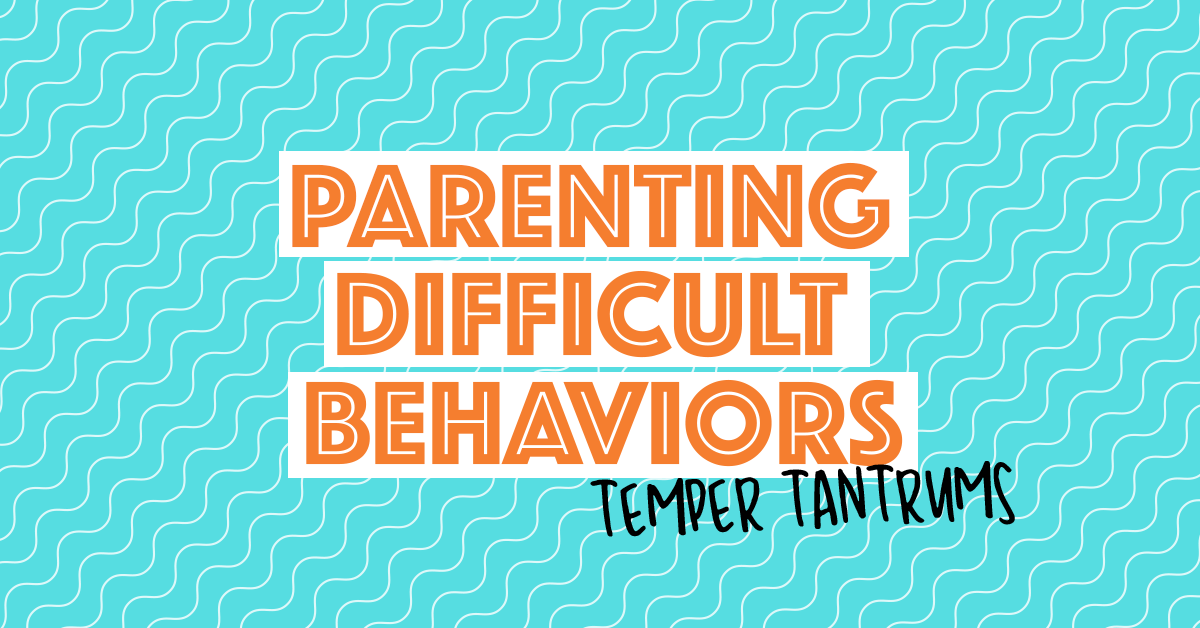
Parenting Difficult Behaviors | Temper tantrums
Temper tantrums are among the most challenging behaviors for foster parents to manage because from the outside it looks like the child has complete control over the situation and, depending on where the temper tantrum is occurring, it can be embarrassing and stressful for the parent.
- The foster parent is actually in control of the situation because you chose how you are going respond and that choice affects the child’s behavior. For example, if you are loud and yelling the child will feel that the person who is supposed to care for them is out of control just like they are, and the child will feel unsafe and not be able to calm down. However, if the foster parent is calm and uses quiet tones or is silent the child will learn that the foster parent is in control and the child is safe.
- Foster parents are detectives when their foster child is having behavioral issues because there may be a cause for the behavior is hidden such as a recent visit with the biological parents, issues being worked on in therapy, or learning challenges at school.
- Once you determine the cause (antecedent) of the temper tantrum, you can consult with your caseworker or therapist on how to best address the behaviors – arranging for a gross motor activity after a visit with biological parents to get out the energy in a healthy manner, for example, or meeting with the school to see if there are any learning challenges that can be addressed so the child feels successful at school
- BE CONSISTENT! Foster children grew up in an environment where their caregivers were unpredictable, which causes them to feel unsafe. By responding in the same way every time the child exhibits a difficult behavior, the child learns to trust that they are going to be safe in your care.
- While temper tantrums are frustrating for the parent, try to be empathetic to the child who is feeling out of control
- Do not try to process the behavior or give consequences during the tantrum because the child is not able to hear or understand you. It is better to be perfectly silent and keep the child safe from hurting themselves sometimes just the sound of someone’s voice will be overwhelming for the child having a temper tantrum and make it harder for them to calm down
- The temper tantrum is NOT about the foster parent – it is about the child feeling out of control and overwhelmed. . (For that reason, those who witness a public tantrum should not be quick to judge either the parent or the child harshly – especially if the parent is reacting with the appropriate amount of calm and consistency.)
- Have someone you can vent to and process how you are feeling, as foster parenting is very challenging emotionally and you need to practice excellent self-care.
Final Note: Be a detective – look for the cause and respond calmly (even though you may be boiling inside!).


